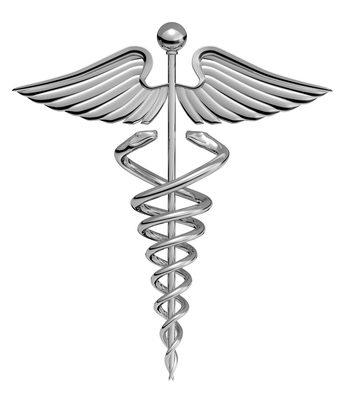The Medicare Access and CHIP Reauthorization Act, better known as MACRA, is a change that the government introduced in 2015. This simple act changed the way doctors process payments and how they charge patients with Medicare.
Medicare is a type of government insurance that is available to older citizens, those with certain medical conditions and those who fall below the poverty line.
Though MACRA has some benefits, not all physicians are happy with the act itself or the proposed amendments added in 2016.
What MACRA Does
According to the American Academy of Family Physicians (AAFP), MACRA does three key things. It replaces the old formula that allowed doctors to charge more for their services and gives doctors more options as to how they bill patients on Medicare. They can now use alternative payment methods or use a method that bases costs and fees on a merit system. The act also gives physicians access to a MIPS system that allows doctors to track the services they offered and keep track of detailed reports on each patient they treat.
Recommended: Top 10 Best Online Master of Health Administration Degree Programs (MHA)
Exemptions to the Act
Though this government act applies to most doctors operating in the country today, there are some exemptions. Doctors who never treated Medicare patients before are exempt from the act. Following this act is not mandatory until they are in their second year of treating Medicare patients. The act will also create a threshold, which will be a minimum number of Medicare patients a doctor must see before he or she starts following the act. The act will also exempt physicians working in rural clinics or Federally Qualified Health Clinics. A Federally Qualified Health Clinic is one that operates under the guidance of the federal government.
Benefits of the Act
The biggest benefit to the Medicare Access and CHIP Reauthorization Act is that it gives patients access to better and higher quality health care while also reducing the amount of money they spend out of pocket. Doctors previously had the right to set their own prices and charge Medicare a fee for services rendered, which Medicare then negotiated down to a smaller amount. The act will also help doctors receive financial assistance for treating patients on Medicare and help them keep better records. It also gives doctors time to adjust to the new system and learn more about the benefits of the act before accepting patients on Medicare.
Possible Problems
One potential problem with this act is that it may limit how many patients doctors accept each year. As it will impose a limit as to how many patients a doctor can treat before he or she abides by the act, some physicians may reduce the number of new Medicare patients they accept each year before they do not want to follow this act. There is also a small risk that doctors may not receive as much money as they did under the older laws. Some worry that more money will go to federal clinics and rural offices.
MACRA is an act released in 2015 and then amended in 2016 that changes the way doctors work with Medicare patients. Both the doctors treating those patients and patients who use Medicare to pay for their health care costs should look closely at the Medicare Access and CHIP Reauthorization Act and understand how it will affect them.
